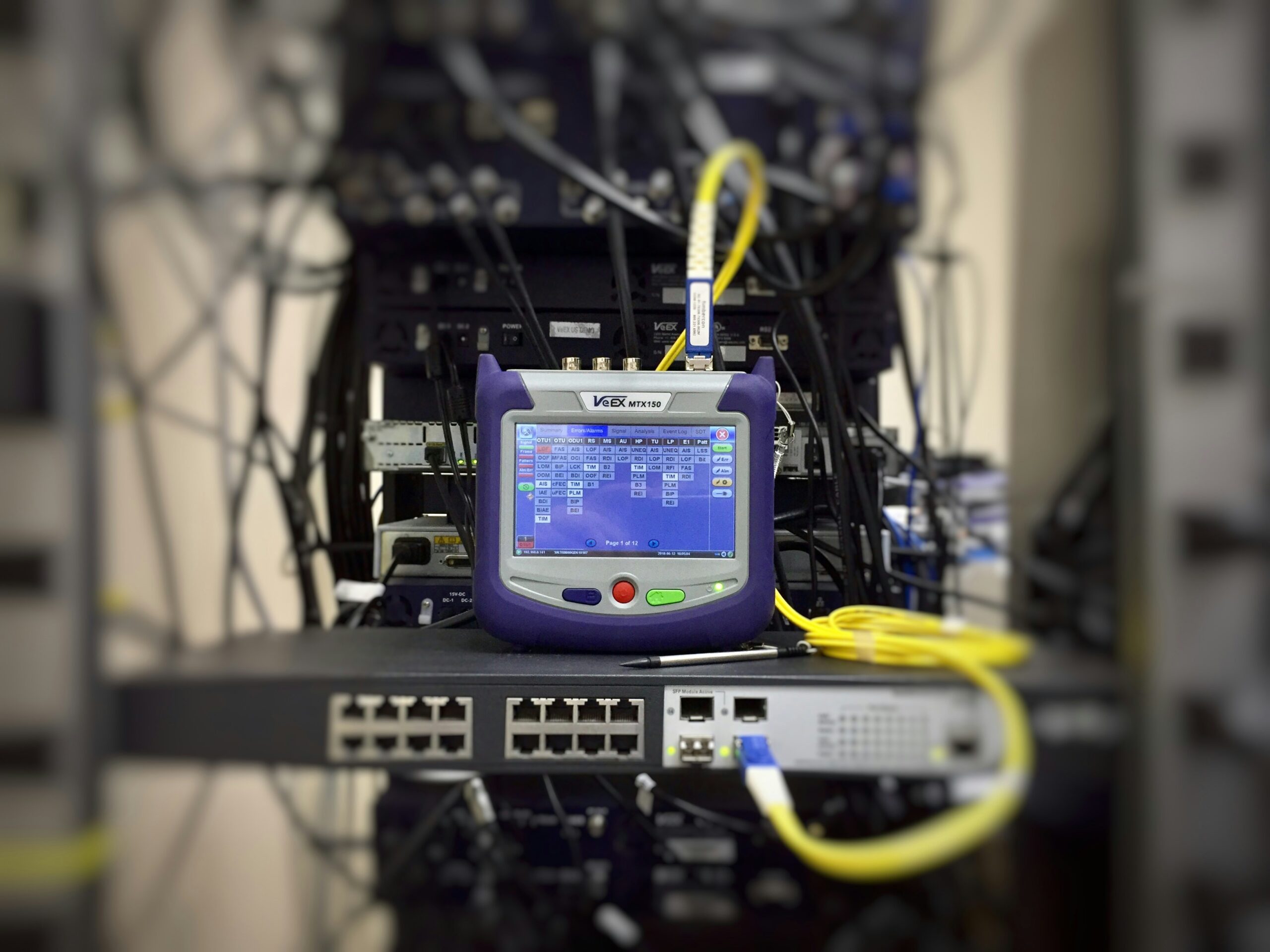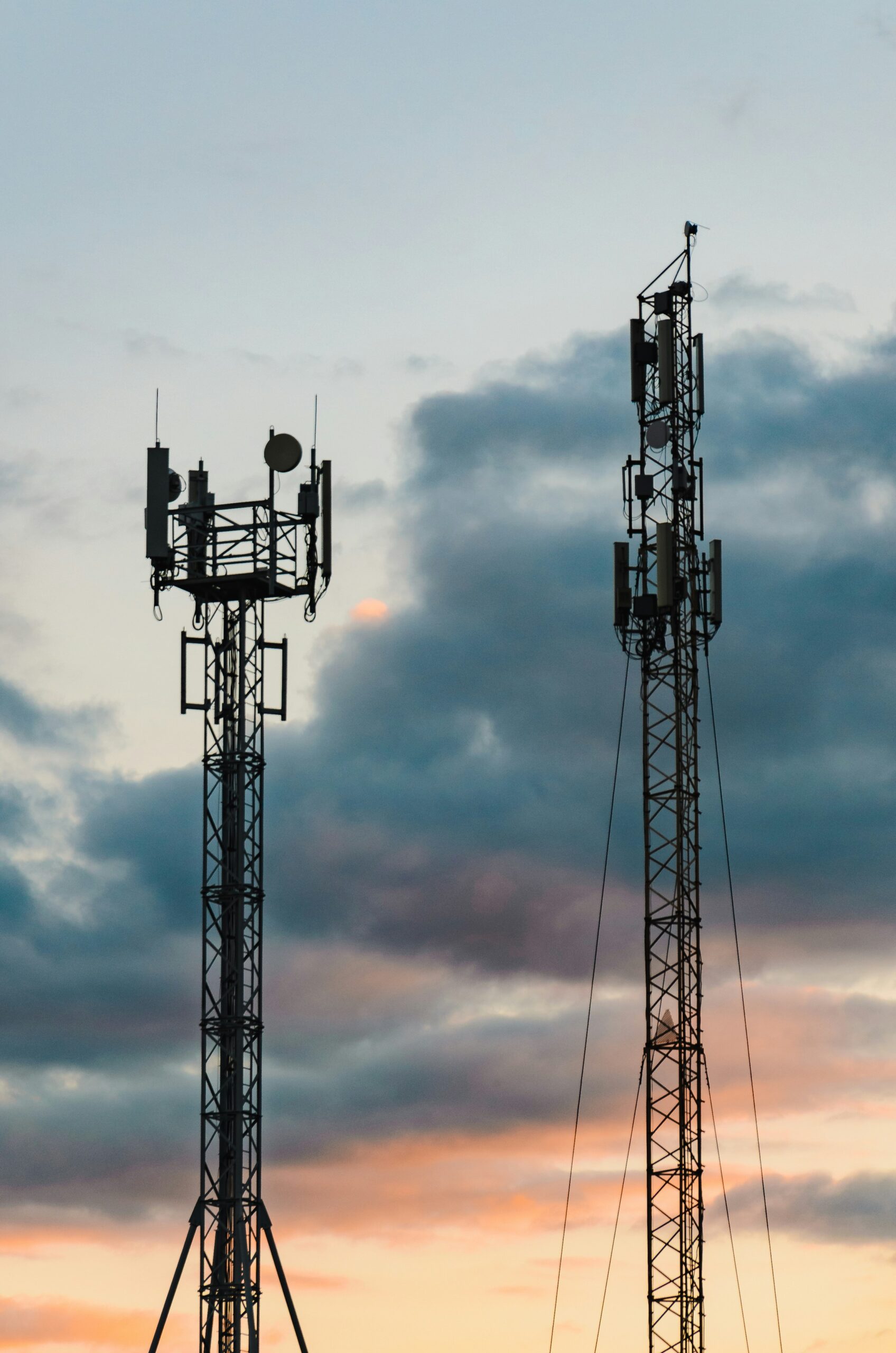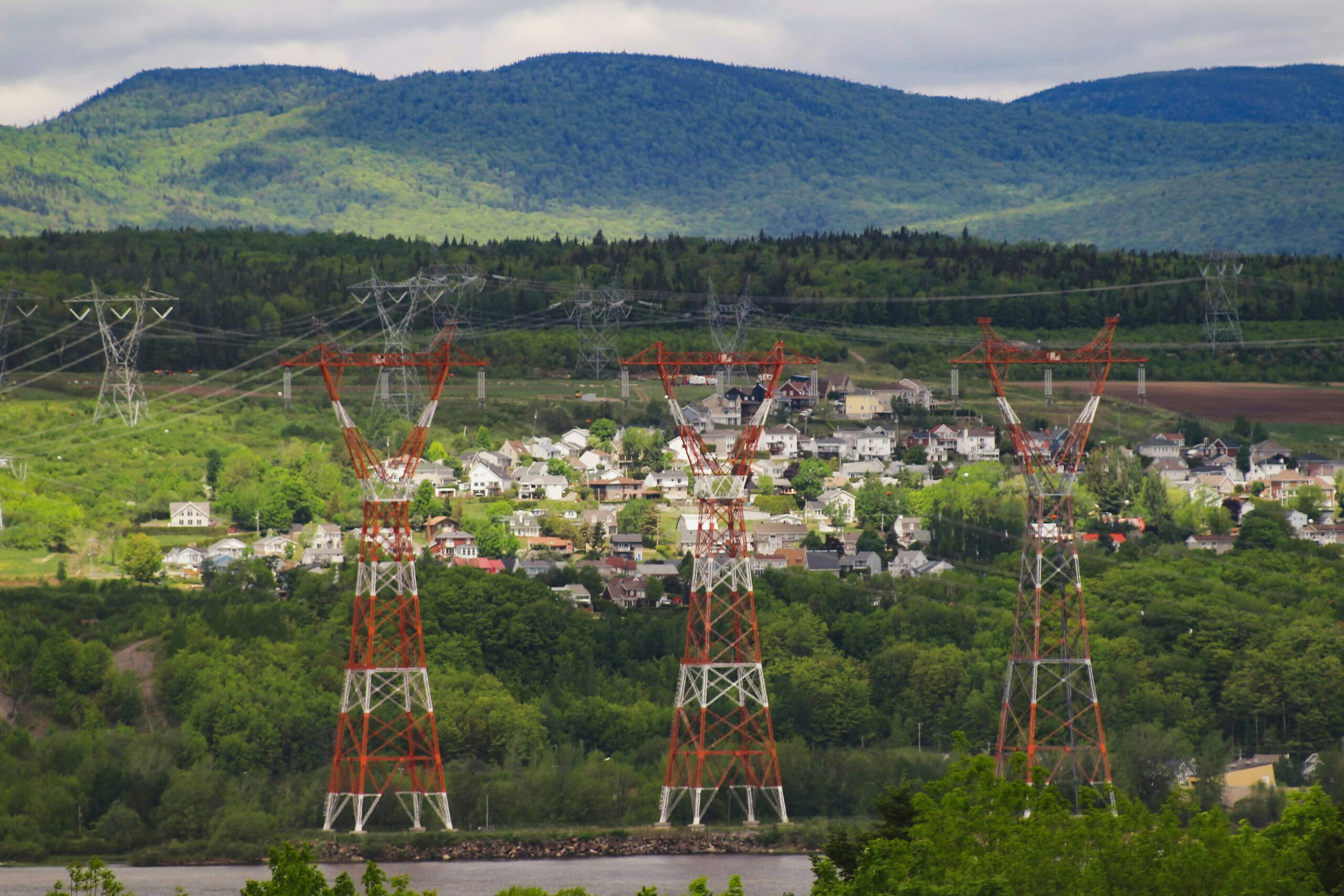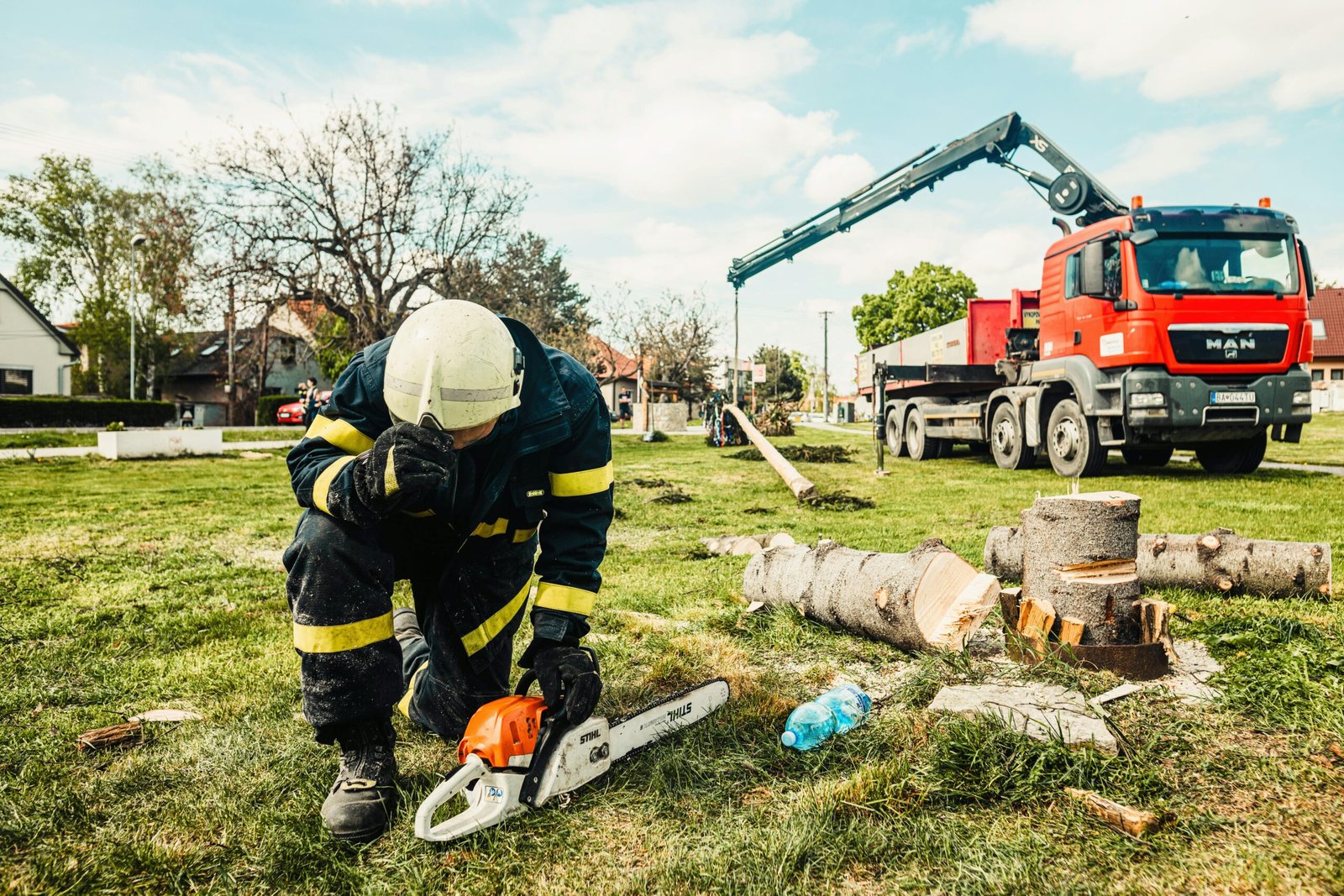In the world of “Tower Services Technician,” you embark on a career journey that takes you high above the ground, ensuring seamless communication by maintaining and installing vital radio tower equipment. The article, sourced from Indeed.com job listings, highlights various opportunities across the United States for those looking to delve into this specialized field. The roles range from entry-level to more experienced positions, with varying pay scales and job types, including full-time and contract work. From changing bulbs atop communication towers to troubleshooting complex radio and cellular systems, you’ll find a variety of rewarding challenges and the potential for job satisfaction as you help keep the world connected. Whether you’re based in Ohio, Texas, or beyond, these listings provide a path to a unique and essential career that offers both adventure and technical growth.
Tower Services Technician

Have You Ever Wondered What It Takes to Be a Tower Services Technician?
Becoming a Tower Services Technician involves more than just climbing heights and changing bulbs. It’s a specialized role that combines technical skills, physical endurance, and a commitment to safety. This guide will walk you through the exciting and challenging world of Tower Services Technicians, focusing on their responsibilities, employment opportunities, and growth prospects.
What Is a Tower Services Technician?
A Tower Services Technician is a professional responsible for installing, maintaining, and repairing various communication towers. These towers support cellular networks, radio broadcasts, and even television signals. The technician’s duties often involve climbing tall structures, conducting routine maintenance, and ensuring the tower’s functionality.
Why Are Tower Services Technicians Important?
Tower Services Technicians play a crucial role in maintaining the communication infrastructure that keeps us all connected. Without their expertise, many aspects of modern life—such as mobile communication, emergency services, and broadcasting—would face significant disruptions.
Roles and Responsibilities
The job of a Tower Services Technician is diverse and multifaceted. Here are some of the primary responsibilities:
Installation
- Erecting New Towers: Building new tower locations from the ground up.
- Mounting Equipment: Installing antennas and auxiliary equipment on existing structures.
- Configuration: Setting up radio and cellular systems to ensure optimal performance.
Maintenance
- Routine Inspections: Regularly checking the tower’s condition and functionality.
- Bulb Replacement: Changing navigation bulbs to ensure visibility for aircraft.
- Repairs: Fixing any issues that arise, from faulty wiring to structural damage.
Safety Protocols
- Training: Regular safety training to handle high-altitude work.
- Equipment Checks: Ensuring all climbing gear and maintenance tools are in excellent condition.

Skills and Qualifications
To excel as a Tower Services Technician, certain skills and qualifications are essential.
Technical Skills
- Electrical Knowledge: Understanding the basics of electrical wiring and components.
- Radio Frequency (RF): Knowledge of RF principles and their applications in modern communication systems.
Physical Fitness
- Endurance: Ability to climb tall structures, sometimes in harsh weather conditions.
- Strength: Physical strength to handle heavy equipment and tools.
Education and Certifications
- High School Diploma: The basic education requirement for most entry-level positions.
- Technical Certifications: Specialized certifications in tower climbing, RF technology, and safety protocols can be highly beneficial.
Job Opportunities
The job market for Tower Services Technicians is robust, with opportunities available in various settings.
Types of Employment
| Job Type | Description |
|---|---|
| Full-time | Standard employment with benefits, working with established companies. |
| Part-time | Less common but available for smaller operations or specific projects. |
| Contract | Project-based work, often requiring specific expertise. |
Recent Job Postings
Here’s a look at some recent job postings for Tower Services Technicians:
Watch Communications
- Location: Champaign, IL
- Responsibilities: Building new tower locations, climbing communication towers to install, replace, or repair antennas.
Parsons
- Location: Illinois
- Responsibilities: Assisting with electronics installations, integration, and testing.
Motorola Solutions
- Location: Schaumburg, IL (Hybrid)
- Responsibilities: Providing remote technical support as part of a broader model to ensure the availability of mission-critical radio systems.
Salary Expectations
Salaries for Tower Services Technicians can vary based on location, experience, and the specific employer. Here are some general figures:
| Experience Level | Salary Range |
|---|---|
| Entry Level | $17.50+/hour |
| Mid Level | $22.50 – $30.00+/hour |
| Senior Level | Varies |
Locations with High Demand
Some regions in the United States show a higher demand for Tower Services Technicians. These include:
- Texas: Locations like Haslet and Flower Mound.
- Ohio: Cities such as Cleveland and Lorain.
- Florida: Areas like Sarasota and Miami Beach.

Working Conditions
The working conditions for Tower Services Technicians can be demanding but also rewarding. Here are some aspects to consider:
Environment
- Outdoor Work: Majority of the tasks are performed outdoors, which means exposure to various weather conditions.
- High Altitude: Jobs frequently require climbing heights, which can be both exhilarating and challenging.
Workplace Safety
- Safety Gear: Use of specialized safety equipment such as harnesses, helmets, and gloves.
- Protocols: Strict adherence to safety protocols to minimize the risk of accidents.
Training and Development
Continuing education and training are crucial for Tower Services Technicians to stay updated with the latest industry standards and safety regulations.
Certifications
There are several key certifications that can boost a technician’s qualifications:
| Certification | Provider | Description |
|---|---|---|
| ComTrain | ComTrain Corporation | Focuses on tower climbing and rescue techniques. |
| TIA Safety Standard | Telecommunications Industry | Covers safety standards specific to the telecommunications industry. |
| OSHA Certification | Occupational Safety and | General workplace safety and health standards. |
| RF Safety Course | NATE (National Association | Addresses safety in working with radio frequency systems. |
On-the-Job Training
Employers often provide on-the-job training for newcomers. This training typically includes:
- Hands-on Training: Direct supervision by experienced technicians.
- Safety Drills: Regular drills to prepare for emergency situations.
Career Progression
The career path of a Tower Services Technician can be quite rewarding, with numerous opportunities for advancement.
Entry-Level
- Junior Technician: Emphasis on learning the ropes and understanding the basics of tower maintenance and safety protocols.
Mid-Level
- Senior Technician: More responsibilities, including overseeing junior technicians and handling more complex tasks.
Advanced Roles
- Team Lead/Supervisor: Leading a team of technicians, managing projects, and ensuring all safety and performance standards are met.
- Project Manager: Overseeing multiple projects, managing budgets, and coordinating with other departments and stakeholders.
Industry Trends
The telecommunications industry is constantly evolving, and so does the role of Tower Services Technicians.
Technological Advancements
- 5G Rollout: The deployment of 5G technology is increasing the demand for skilled technicians.
- IoT Integration: The Internet of Things (IoT) is leading to more sophisticated and integrated communication systems.
Regulatory Changes
- Safety Standards: Ongoing updates in safety regulations necessitate continuous training for compliance.
- Environmental Impact: Growing emphasis on sustainable practices and minimizing the environmental footprint of tower installations.
Employment Outlook
The demand for Tower Services Technicians is expected to remain strong, driven by the need for reliable communication infrastructure.
Job Growth
According to industry reports, employment opportunities in this field are projected to grow steadily over the next decade. This growth is fueled by:
- Rural Expansion: Efforts to extend communication networks to rural and underserved areas.
- Technological Upgrades: Continuous upgrades and maintenance of existing towers to support newer technologies.
Pros and Cons of the Job
Like any profession, being a Tower Services Technician has its advantages and challenges.
Pros
- High Demand: Job security due to constant demand for communication infrastructure maintenance.
- Competitive Salaries: Attractive remuneration, especially for experienced technicians.
- Outdoor Work: For those who enjoy working outdoors, this job offers plenty of opportunities.
Cons
- Physical Demands: The job can be physically strenuous and may require working in harsh weather conditions.
- Safety Risks: Despite strict safety protocols, the job involves inherent risks due to high-altitude work.
Preparing for the Job
If you’re interested in becoming a Tower Services Technician, here are some steps to help you prepare:
Education
- High School Diploma: Focus on subjects like math, science, and engineering basics.
- Technical School: Consider enrolling in a technical school for specialized courses in electronics and communications.
Certifications and Training
- Certifications: Obtain relevant certifications such as ComTrain and TIA Safety Standard.
- Internships: Gain hands-on experience through internships or entry-level positions.
Networking
- Industry Associations: Join industry associations like NATE for networking opportunities and to stay updated on industry trends.
- Job Fairs: Attend job fairs and industry events to meet potential employers and learn more about the field.
Conclusion
Becoming a Tower Services Technician is a rewarding career choice for those who enjoy technical challenges and outdoor work. With the constant need for reliable communication infrastructure, this profession offers job security, competitive salaries, and opportunities for growth. By acquiring the necessary skills, certifications, and experience, you can embark on an exciting and fulfilling career as a Tower Services Technician.
Whether you’re just starting out or looking to advance in the field, the role of a Tower Services Technician offers numerous opportunities and a dynamic work environment. Embrace the challenge, stay committed to safety, and you’ll find this career both rewarding and impactful.












